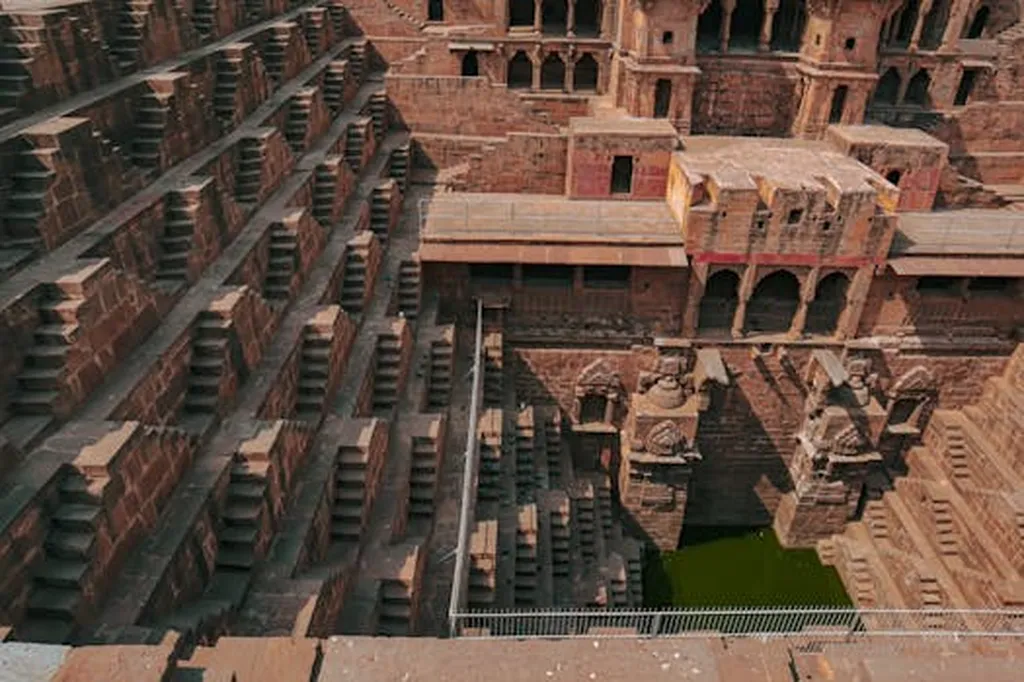In the lush landscapes of Nagaland, India, an ancient farming system known as Ruza has been quietly thriving for generations. This intricate agroecological practice, passed down through traditional ecological knowledge (TEK), has not only sustained local communities but also offered a blueprint for sustainable resource management. Now, a groundbreaking study led by Warong Wonglangka from the Faculty of Architecture at Chiang Mai University in Thailand, has translated this traditional wisdom into a design framework that could revolutionize landscape planning and resource management worldwide.
The Ruza system, with its vertical integration, gravity-fed resource flow, closed-loop resource cycling, and participatory governance, exemplifies a harmonious balance between human activity and ecological sustainability. Wonglangka’s research, published in the journal ‘Resources’ (which translates to ‘Resources’ in English), employs a mixed-methods approach that combines ethnographic observation, semi-structured interviews, and spatial analysis using drone-based orthomosaics. This innovative methodology bridges the gap between traditional practices and modern design principles, offering a replicable framework for landscape architects and planners.
“By decoding the socio-ecological principles of the Ruza system, we can create climate-resilient and culturally grounded designs that are adaptable to diverse contexts,” says Wonglangka. This research is particularly relevant to the energy sector, where sustainable resource management is paramount. The principles derived from the Ruza system can inform the development of energy-efficient landscapes, such as agroforestry systems that integrate energy crops, or decentralized energy systems that utilize local resources and participatory governance models.
The commercial impacts of this research are substantial. As the world grapples with climate change and resource depletion, the demand for sustainable and resilient landscapes is growing. The framework developed by Wonglangka and his team offers a valuable tool for developers, planners, and policymakers seeking to create sustainable and climate-resilient landscapes. By integrating traditional ecological knowledge into contemporary design, this research paves the way for innovative solutions that are both culturally sensitive and ecologically sound.
Moreover, the methodological approach outlined in this study can be applied to other traditional farming systems worldwide, unlocking a wealth of knowledge that has been honed over centuries. This not only enriches our understanding of sustainable practices but also empowers local communities by valuing and integrating their traditional knowledge into modern design frameworks.
As we face the challenges of a changing climate and increasing resource scarcity, the lessons from the Ruza system offer a beacon of hope. By translating traditional ecological knowledge into a design framework, Warong Wonglangka’s research provides a roadmap for creating sustainable, resilient, and culturally grounded landscapes. This work not only advances the field of landscape architecture but also contributes to the broader goal of achieving sustainable development.

